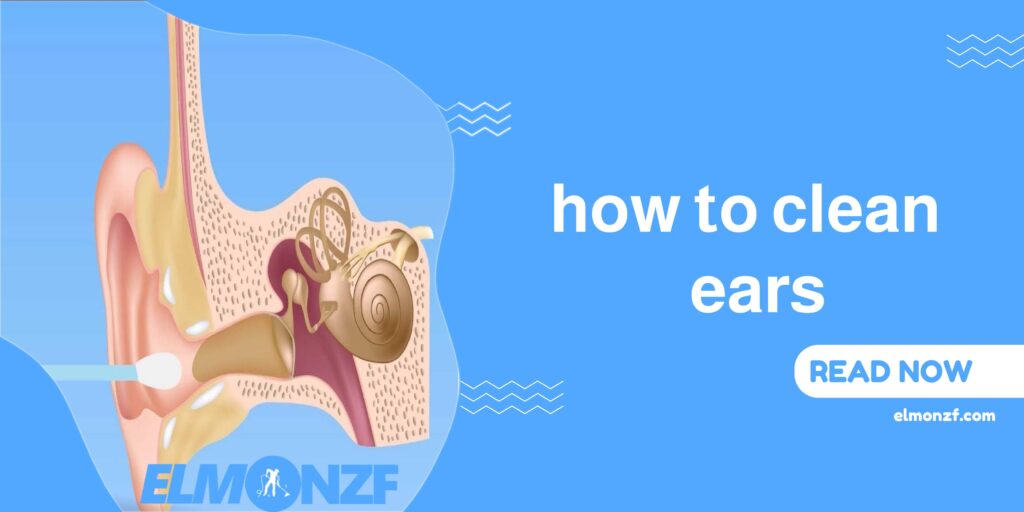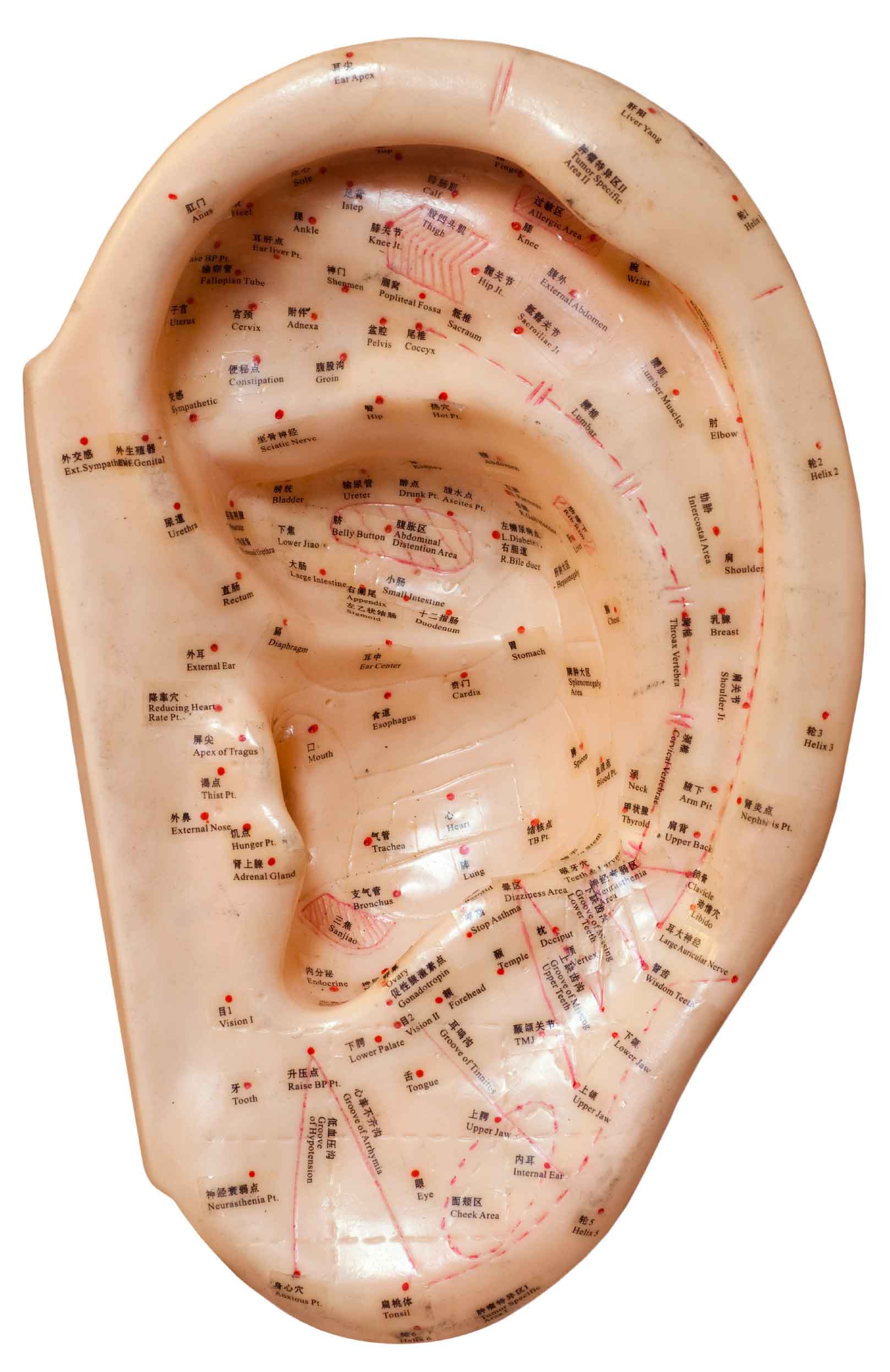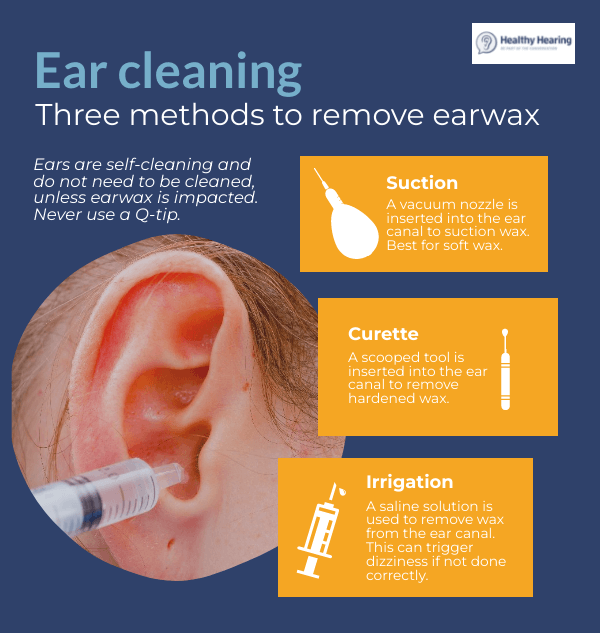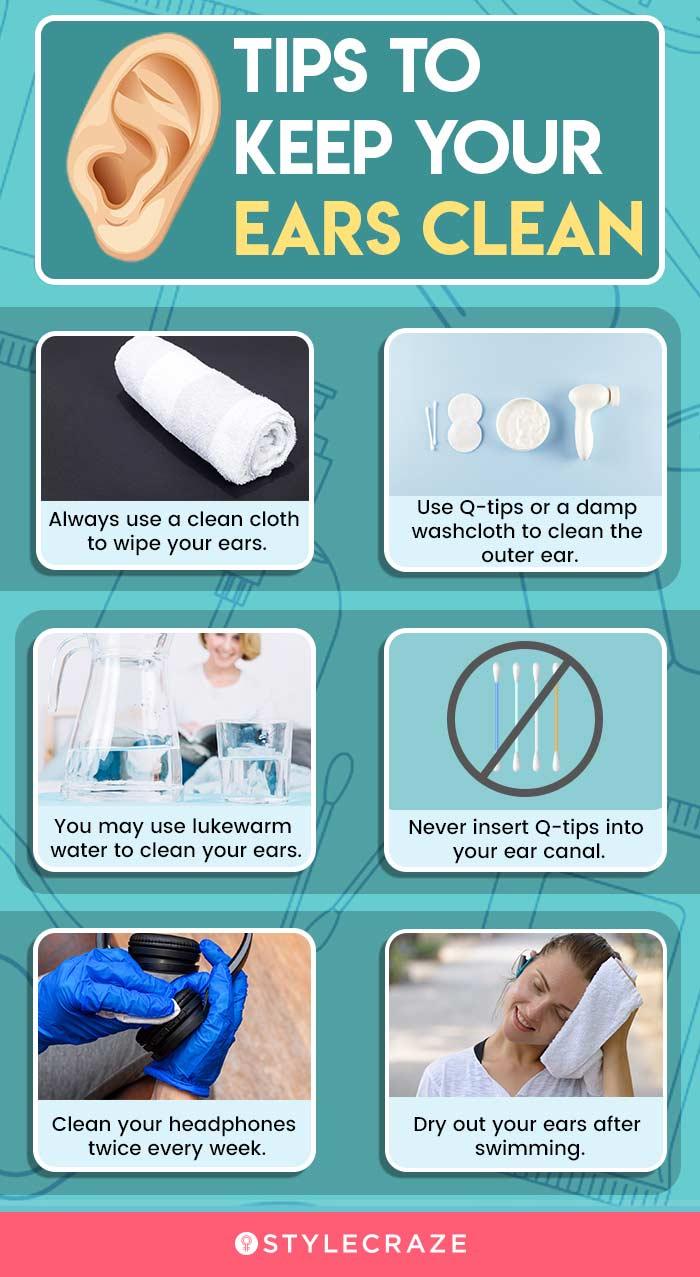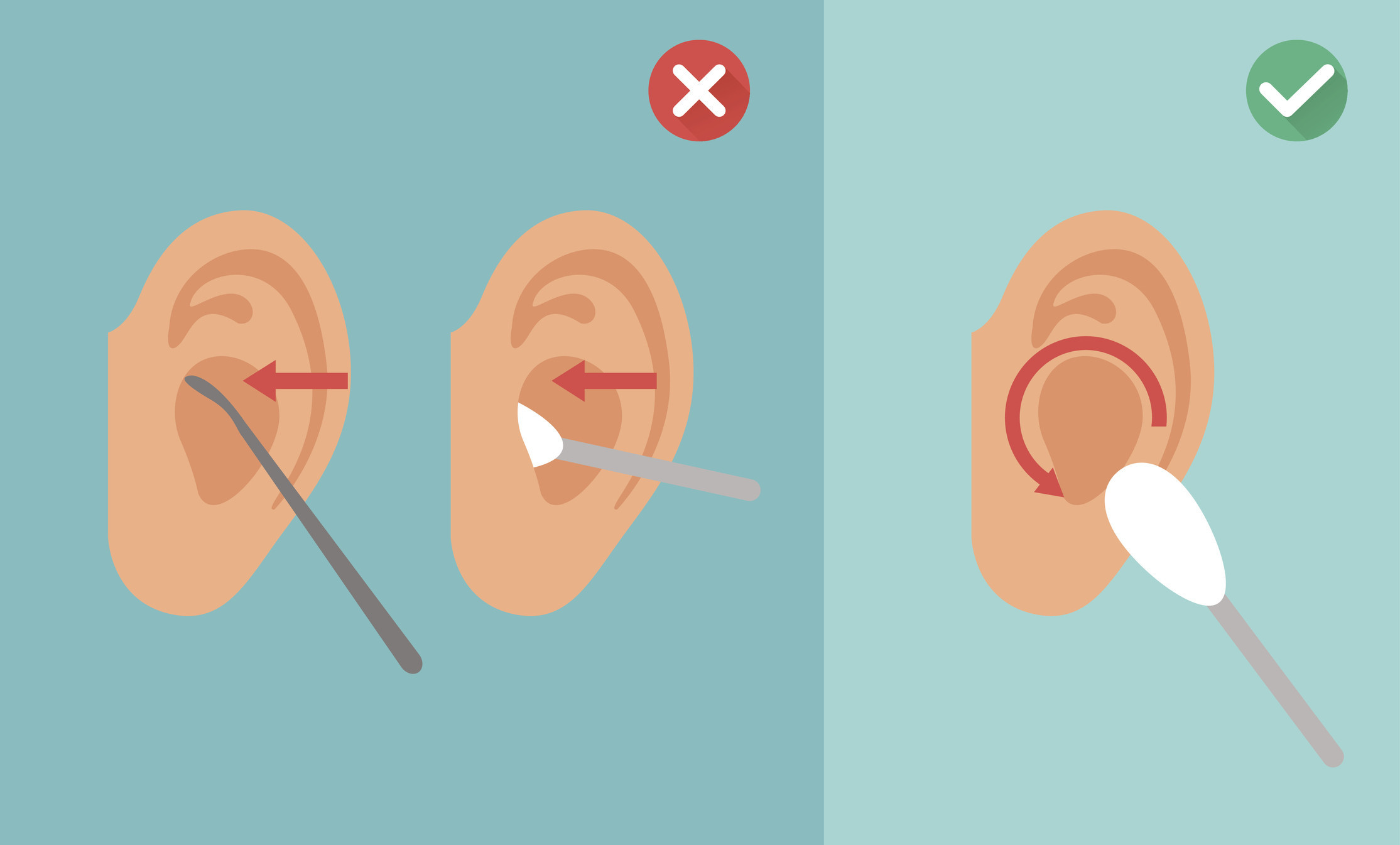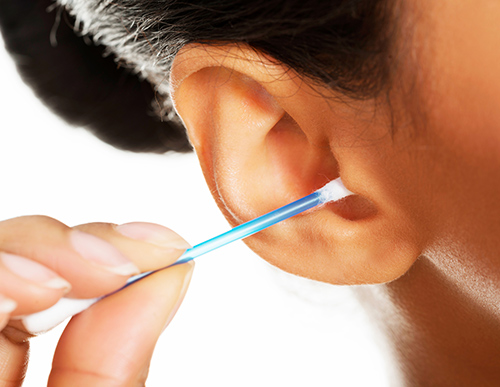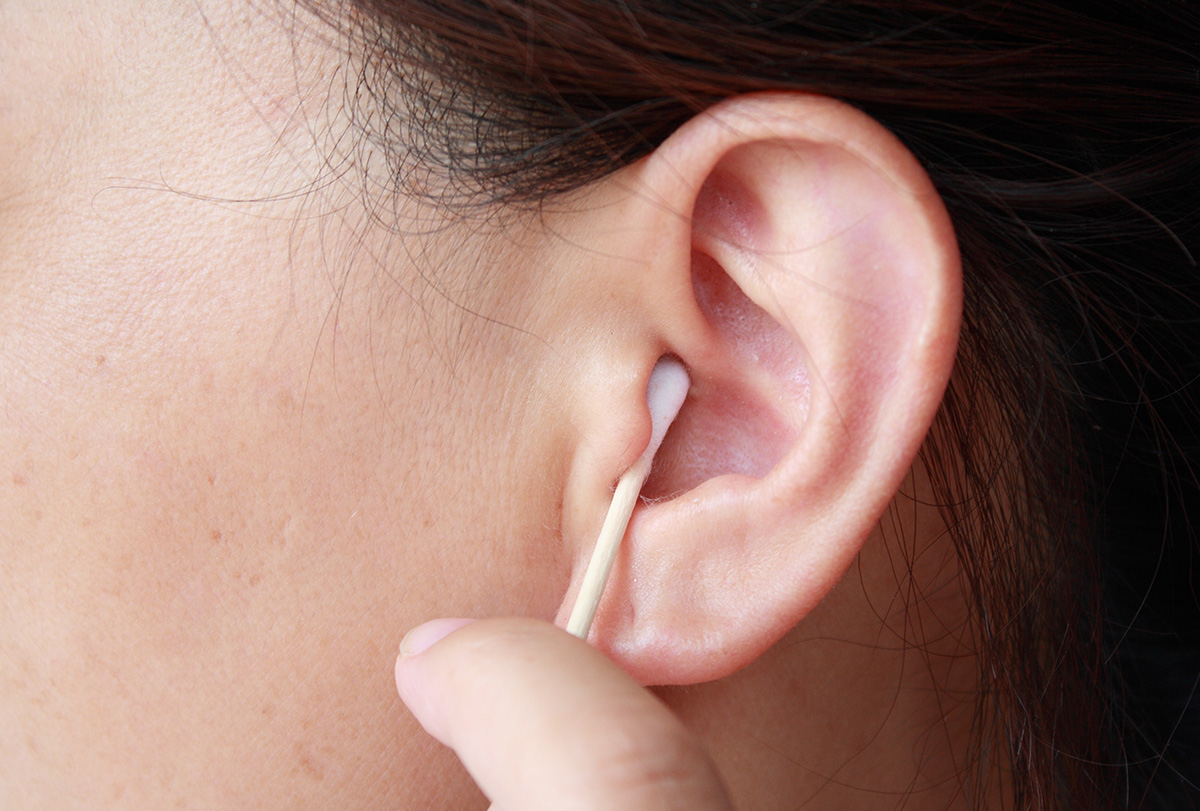Why Does Cleaning Ears Feel Good
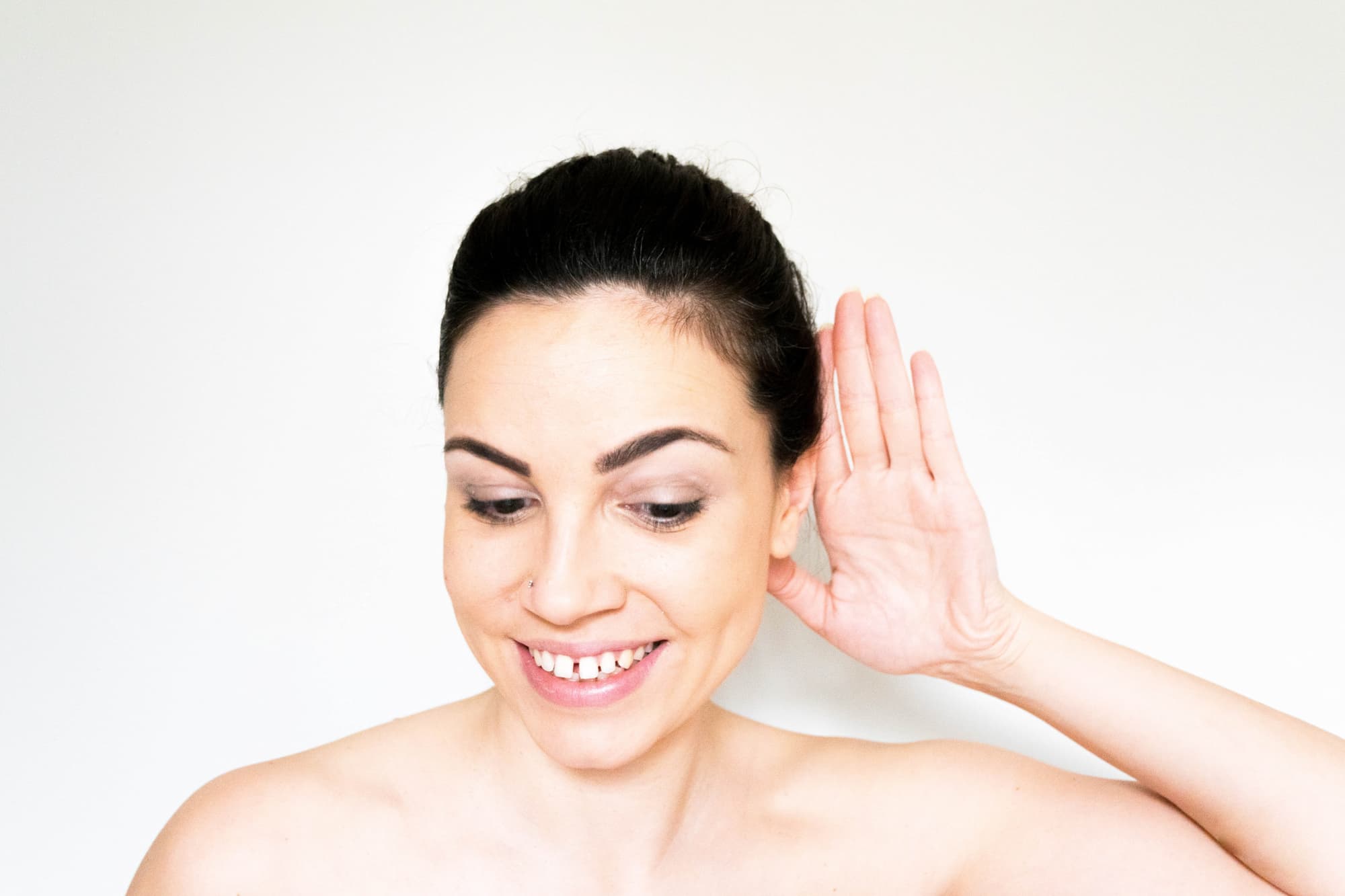
The seemingly simple act of cleaning ears evokes a surprising sense of pleasure for many. But why does dislodging earwax bring about such a satisfying feeling? Experts suggest a complex interplay of physiological and psychological factors is at play, going beyond just the removal of debris.
At the heart of this phenomenon is the vagus nerve. This extensive nerve, one of the longest in the body, plays a crucial role in regulating various bodily functions, including heart rate, digestion, and even certain reflexes. The vagus nerve has branches that extend into the ear canal.
Stimulating the vagus nerve, even mildly, can trigger the release of endorphins. Endorphins are the body's natural painkillers and mood elevators. This release contributes to the feeling of relaxation and well-being often experienced during ear cleaning.
Beyond the physiological, there's a significant psychological component. The sensation of cleaning the ear can be inherently satisfying. It provides a sense of control and cleanliness.
The ear canal is a sensitive area, filled with nerve endings. Gentle stimulation can be interpreted by the brain as pleasurable.
Furthermore, the removal of earwax provides relief from potential itching or discomfort. This relief further enhances the pleasurable sensation.
The Role of the Vagus Nerve
As mentioned, the vagus nerve is central to understanding the sensation. This cranial nerve has widespread influence throughout the body. It is responsible for transmitting sensory information from the ear to the brain.
When the ear canal is stimulated, the vagus nerve relays this information. This sets off a cascade of responses within the nervous system.
The vagus nerve's connection to the ear also explains why, in some individuals, ear cleaning can trigger unexpected reflexes. These include coughing or even a slowing of the heart rate.
Cautions and Concerns
While the sensation of ear cleaning can be pleasurable, it's important to proceed with caution. Overly aggressive cleaning can damage the delicate structures of the ear canal. This includes the eardrum.
The American Academy of Otolaryngology recommends against using cotton swabs to clean the ear canal. This is because it pushes earwax further inside. This can cause impaction and potential hearing issues.
Instead, the Academy recommends allowing the ears to clean themselves naturally. Excess earwax will usually migrate out of the ear canal on its own.
If earwax buildup becomes problematic, consulting a medical professional is advisable. They can safely remove the wax without damaging the ear.
Psychological Factors at Play
Beyond the physiological mechanisms, the psychological aspect of ear cleaning is noteworthy. The act of grooming, in general, is often associated with feelings of relaxation and self-care.
The human touch, even when self-administered, can release oxytocin. Oxytocin is known as the "cuddle hormone." It promotes feelings of bonding and well-being.
The sense of accomplishing a task, like cleaning something, can also contribute to the satisfying feeling. It provides a sense of order and control.
The Importance of Moderation
The key takeaway is that while ear cleaning can be pleasurable, moderation and caution are essential. Avoid aggressive techniques that could damage the ear.
Consider alternative methods for earwax removal, such as over-the-counter ear drops. These drops soften the wax and allow it to drain naturally.
If you experience ear pain, hearing loss, or persistent earwax buildup, seek professional medical advice. Do not attempt to self-treat these conditions.
In conclusion, the pleasurable sensation associated with ear cleaning is a complex phenomenon. It involves both physiological and psychological factors.
Understanding these factors can help individuals approach ear cleaning with greater awareness and safety. Thus, protecting their hearing and overall well-being.

